
Position Paper: The Past, Present, and Future of Sanitizable and Redactable Signatures
Sanitizable signature schemes (SSS), as well as redactable signature schemes (RSS), gained a lot of attention in the recent past. In a nutshell, both types of signature schemes allow to alter signed data in a controlled way by a,...
Details
The Archistar Secret-Sharing Backup Proxy
Cloud-Storage has become part of the standard toolkit for enterprise-grade computing. While being cost-and energy-eecient, cloud storage's availability and data conndentiality can be problematic. A common approach of mitigating those issues are cloud-of-cloud solutions. Another challenge is the integration...
Details
Evidence-Based Trust Mechanism Using Clustering Algorithms for Distributed Storage Systems
In distributed storage systems, documents are shared among multiple Cloud providers and stored within their respective storage servers. In social secret sharing-based distributed storage systems, shares of the documents are allocated according to the trustworthiness of the storage servers....
Details
Structure-Preserving Signatures on Equivalence Classes and Constant-Size Anonymous Credentials
Structure-preserving signatures (SPS) are a powerful building block for cryptographic protocols. We introduce SPS on equivalence classes (SPS-EQ), which allow joint randomization of messages and signatures. Messages are projective equivalence classes defined on group element vectors, so multiplying a...
Details
Practical Strongly Invisible and Strongly Accountable Sanitizable Signatures
Sanitizable signatures are a variant of digital signatures where a designated party (the sanitizer) can update admissible parts of a signed message. At PKC’17, Camenisch et al. introduced the notion of invisible sanitizable signatures, which allow one to hide...
Details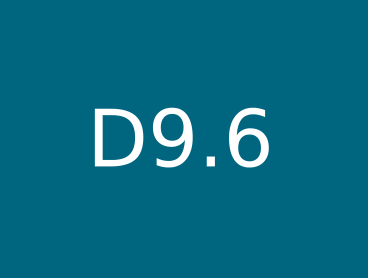
D9.6 Standards Activity Report 1
This activity report covers the second project year, Feb 2016 – Jan 2017. We report on our on-going activities for disseminating project results into standards and on our plans for the remaining time of the project, and beyond. More...
Details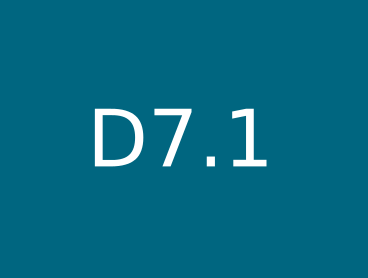
D7.1 Progress Report for Security and Privacy by Design Guidelines
This report defines the translation of privacy principles as outlined in data protection legal frameworks into privacy targets which could then be ranked and categorized to determine the design priorities. Hence, it has been taking into consideration the relativity...
Details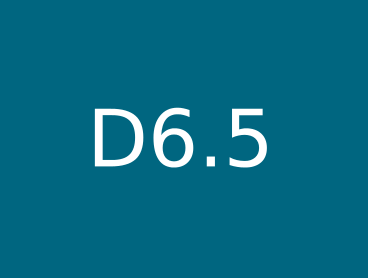
D6.5 Firts Release of Software Implementation of Selected Components
PRISMACLOUD aims at bringing novel cryptographic concepts and methods to practical application to improve the security and privacy of cloud based services and make them usable for providers and users. The purpose of this report is to serve as an...
Details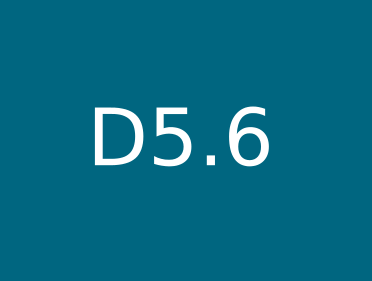
D5.6 Progress Report on Privacy and Anonymisation Techniques
PRISMACLOUD aims at bringing novel cryptographic concepts and methods to practical application to improve the security and privacy of cloud based services and make them usable for providers and users. The purpose of this report is to outline the architecture...
Details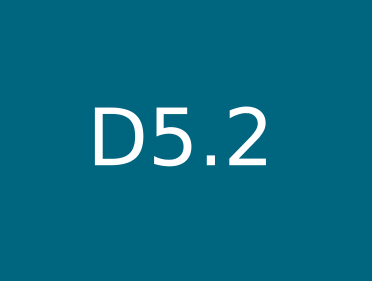
D5.2 Progress Report on Architectures for Distributed Storage in Dynamic Environments
In this report we present a first draft speci fication of the secure object storage tool (SECOSTOR). The tool comes with a clean architecture and easy to use modules and interfaces. All components are speci fied in detail for implementation and...
Details